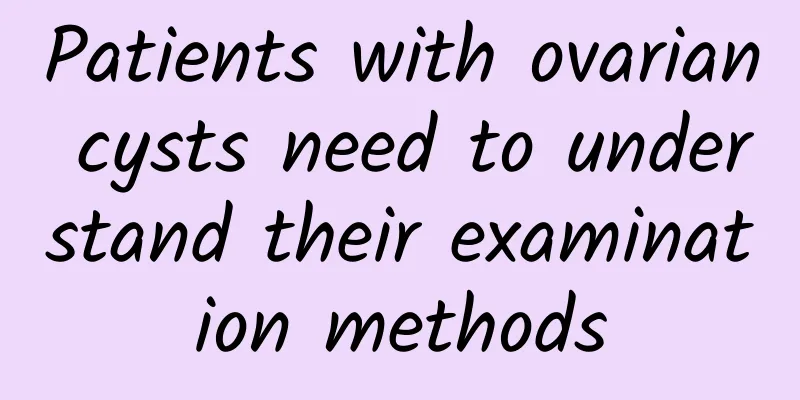What medicine to take for abdominal inflammation and pelvic inflammatory disease

|
If there are obvious symptoms of peritonitis and pelvic inflammatory disease, or if a serious infection is suspected, you should see a doctor as soon as possible. The doctor will examine you to determine the cause and determine the medication plan. Peritoneitis is usually caused by infection or inflammation of organs within the abdominal cavity, while pelvic inflammatory disease is mainly related to infection of female reproductive organs. Both conditions are mostly caused by bacterial infections, such as E. coli, Streptococcus, or sexually transmitted infection pathogens. Because the location of inflammation and the pathogens are different, the choice of drugs needs to be different for each person, and random use of drugs may delay the disease or induce drug resistance. If a mild bacterial infection is confirmed, the doctor may prescribe broad-spectrum antibiotics, such as cephalosporins, metronidazole or levofloxacin to control the infection; if the inflammation is caused by a sexually transmitted pathogen, combined treatment may be required, such as the addition of azithromycin or doxycycline. Severe infections or abscesses usually require intravenous antibiotic treatment, and even surgical intervention to drain the pus. It is important that the course of drug use must be adjusted according to the doctor's advice. Interruption or insufficient medication may cause recurrence or complications. To prevent recurrence, you need to maintain good personal hygiene, such as women should avoid wearing sanitary pads for a long time and keep the vulva clean and ventilated; pay attention to safety measures during sexual intercourse to avoid infection; enhance immunity, such as through regular work and rest, balanced diet and moderate exercise to help the body better fight bacterial invasion. Once symptoms such as fever, abdominal pain, abnormal vaginal discharge or difficulty urinating occur, you should see a doctor as soon as possible to get a clear diagnosis and timely treatment. |
<<: Is surgery necessary for uterine cysts? Are there no other treatments?
>>: What medicine should I take for endometritis and irregular menstruation?
Recommend
How to induce menstruation when the endometrium is 7mm
When the endometrium is 7mm, you can consider tak...
Is abortion harmful to women in early pregnancy? Abortion in early pregnancy has these main harms to women
In this world, some people hope for the birth of ...
Understanding ectopic pregnancy from the process of conception
Ectopic pregnancy, as the name suggests, is when ...
What is secondary amenorrhea
What is secondary amenorrhea? Secondary amenorrhe...
Common causes of ovarian chocolate cysts
Ovarian chocolate cyst is a type of endometriosis...
How many days is the best time to have an abortion?
There is no saying that there is the best time to...
Specialized hospital for the treatment of congenital absence of vagina
With the increasing number of patients with conge...
What are the precautions during the treatment of vaginitis?
Vaginitis is a gynecological inflammation that is...
Abnormal symptoms after uterine fibroid surgery What are the treatments for uterine fibroids
It is necessary to understand the abnormal sympto...
What medicine is good for pelvic inflammatory disease
Pelvic inflammatory disease is a pelvic inflammat...
What a surprise! Stretching exercises for weight loss
Can stretching exercises help you lose weight? To...
How to treat vaginal candidal infection
Due to problems such as poor clothing hygiene and...
What are the clinical symptoms of miscarriage?
Young boys, young girls, and ignorant girls accid...
What should women with cervical erosion pay attention to in their diet? Patients with cervical erosion need to pay attention to these 4 points
Generally speaking, mild erosion under physiologi...
Let your "body age" always be 26! Angelababy relies on 5 principles to maintain a self-disciplined life
Your actual age is not important, your “biologica...









